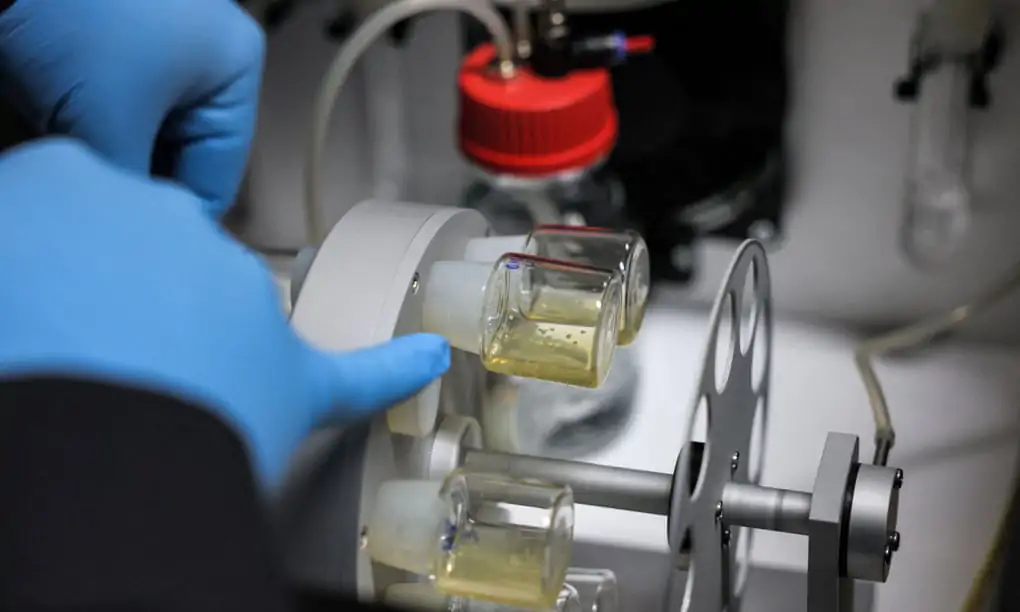
The very long farewell of the Y chromosome: will males disappear from the world?
The Y chromosome shrinks: from 900 to 55 genes: at these rates, in 11 million years humanity will change completely (if it has not become extinct).

The Y chromosome shrinks: from 900 to 55 genes: at these rates, in 11 million years humanity will change completely (if it has not become extinct).

Scientists closer to creating human embryos from two men: In vitro gametogenesis may expand the boundaries of parenthood.

The SynMoss project aims to develop a plant with a fully synthetic genome in the next 10 years, revolutionizing plant biotechnology.

Innovative research restores hearing to children who are deaf from birth: and now it could revolutionize the medical field.

Innovative research transforms Cutibacterium acnes, a common skin bacterium, into an effective ally against acne.

The cloning of a rhesus monkey reignites the debate over human cloning, highlighting both the technical challenges and ethical concerns.

The integration of Neanderthal DNA into modern humans raises questions about our true evolutionary heritage.

France may soon adopt newborn genomic screening, revealing hundreds of rare diseases from birth.

Recent research suggests that trauma can change genetic expression and pass on to future generations.

A 15-year project culminates in the creation of yeast strains with more than half of their DNA synthesized in the laboratory

China's spy agency warns of the development of genetic weapons that can target specific ethnicities, claiming the Chinese population could be a target.

New research shows that controlling a particular type of genes could be the key to slowing aging.

Genetic uniformity in monocultures could expose us to devastating plant pandemics

The newly mapped dog epigenome reveals similarities to our own, and offers us new insights into diseases and treatments, whether on two or four legs.

More and more couples are opting for genetic tests on their embryos, seeking some sort of insurance for their children's future health. However, there are serious ethical concerns.

Science takes diabetes treatment one step further: Insulin can be grown in lettuce and taken orally.

Synthetic human embryos are produced in laboratories, creating an opportunity to study genetic disorders and the biological causes of repeated miscarriages, but they raise ethical and legal questions.

The human pangenome will be the genetic key to deciphering the causes of diseases and finding more effective treatments.

Harvard genetics professor David Sinclair claims he reversed his aging with a 4-step "plan."

The future of agriculture passes through CRISPR: here's how gene editing can feed the world in a sustainable and resilient way.

It seemed like a boutade, but Colossal has raised the necessary funds and is preparing for the genetic resurrection of the Woolly Mammoth within 4 years.